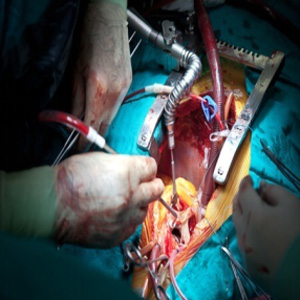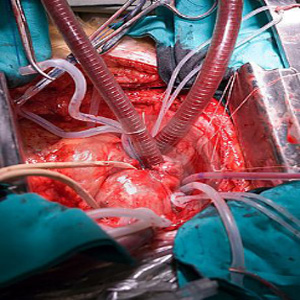General Surgery
General surgery, despite its name, is a surgical specialty that focuses on abdominal organs, e.g., intestines including esophagus, stomach, small bowel, colon, liver, pancreas, gallbladder and bile ducts, and often the thyroid gland (depending on the availability of head and neck surgery specialists). They also deal with diseases involving the skin, breast, soft tissue, and hernias.
New methods and techniques are less invasive than older practices, permitting procedures that were considered impossible in the past. For example, microsurgery has been used in reattaching severed body parts by successfully reconnecting small blood vessels and nerves. Laparoscopic techniques are more efficient, promote more rapid healing, leave smaller scars, and have lower postoperative infection rates.
Advances in diagnostic and surgical techniques have greatly increased the success rate of general surgery. Contemporary procedures are less invasive than those practiced a decade or more ago. The results include reduced length of hospital stays, shortened recovery times, decreased postoperative pain,and decreases in the size and extent of surgical incisions. The length of time required for a full recovery varies with the procedure.
General Surgery services offered at our network hospitals include:
- Surgical removal of Pancreatic and Biliary tract tumors
- Surgery for treating diseases of the small and large intestine. 
- Surgery for treating Gastro esophageal Reflux disease, Gastric Malignancies and diseases of the Spleen.  
- Surgical removal of the Gallbladder 
- FSurgery for treating anorectic diseases like hemorrhoids and various benign and malignant conditions of the anal canal. 
- Obesity surgeries for treating morbid obesity condition 
- Advanced Laparoscopic procedures



